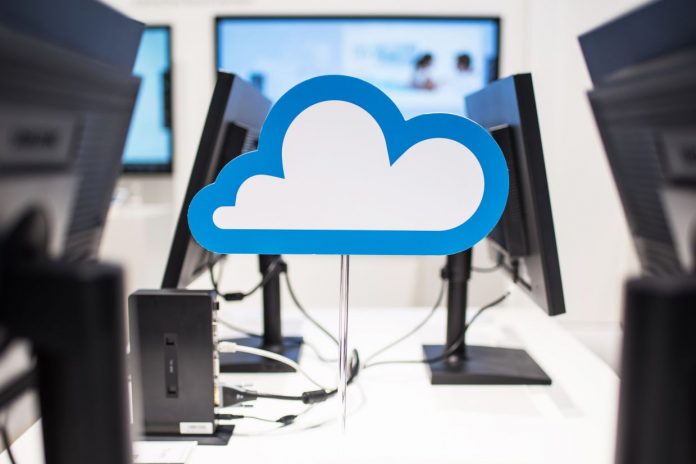
There are tons of tech terms that get tossed about in media reports or pop up at work that, if we’re being honest, we don’t really understand – like blockchain or an NFT. With the help of experts and journalists in the industry, dpa has compiled a list of seven words, with succinct explanations of what exactly they mean.
5G
This is the fifth generation mobile network. The successor to 4G offers significantly higher transmission rates and has much shorter delay times. This means that more sensors, software and other technologies can be connected simultaneously than before. At the moment, the network is still under construction and being rolled out.
Blockchain
“In simple terms, blockchain is just a database,” says Caspar von Allwoerden, an editor at the trade magazine t3n. However, it is stored on many computers, a decentralised way to keep information.
In a blockchain, for example, money transfers are stored in cryptocurrency, simplified roughly as follows: “Person A sends person B sum X.” Because this same information is stored identically on very many computers, it is seen as tamper-proof.
Blockchain could also be used to store vaccination data or contracts between companies, for example. Each computer that joins the block in principle becomes another point in the chain and takes a full copy of the database; in this way, transactions are verified and documented.
Bitcoin
Bitcoin is a digital currency, and the first and largest cryptocurrency by market capitalisation based on the Bitcoin blockchain. New bitcoin are created by users with the help of mathematical processes known as “mining.”
“There is a fixed number of bitcoin, and the more that are generated, the more difficult it becomes to generate more,” says von Allwoerden.
Although bitcoin is digital, because there’s limit – 21 million – of them, it’s “interesting for speculation,” says von Allwoerden.
Chatbot
Chatbots are usually the first ones to respond to customer inquiries on websites: You write a question, and the programme behind the bot gives more or less helpful answers. Is the bot smart? “No,” says von Allwoerden. “It’s a catalogue of keywords that it works through.”
An example: You’ve forgotten your password and write to the bot. It sees the keywords “password forgotten” and sends a link for the password to be reset. Sometimes the bot can solve minor problems and refer customers to what they were looking for, relieving some of the burden on the humans staffing the help line.
Cloud computing/the cloud
For cloud computing, users turn to one or more computers in data centres to have the work done there. That means, for example, that you know longer need your own powerful computer to play an elaborate game, because the computing power takes place elsewhere; just the image is transmitted over the internet to your personal computer.
There are many uses for cloud computing: You could, for example, rent more memory or software packages for the entire firm. Private users are likely familiar with Google’s storage and software services, Apple’s iCloud or cloud gaming platforms like PlayStation Now.
Non-fungible token/NFT
This is a kind of certificate of authenticity for the digital art market. It’s a little curious, as in principle, digital good can always be copied. All copies would actually be of equal value, say von Allwoerden. With the NFT however, a digital good is declared original and cannot be counterfeited due to its blockchain storage.
Examples of NFTs sold include Twitter founder Jack Dorsey’s first tweet and, most recently, the source code of the World Wide Web.
Both the tweet and the source code continue to circulate, but the only “original” now belongs to only one person. “You could also call is a purely speculative object,” according to von Allwoerden.
Quantum computer
Unlike a classic computer, a quantum one can perform calculations by utilizing the effects of quantum mechanics. This allows it to solve certain problems much faster than your run-of-the-mill computers.
Typical computers work with two states, 1 or 0, called bits. The quantum computer, on the other hand, works with qubits, which theoretically can be the combination of 1 and 0, and an infinite number of other states in addition to 1 or 0. Complicated? It is.
A quantum computer can’t calculate exact results, but probabilities; only multiple calculations can thus allow a clear statement. “These are special computers for special tasks, such as weather forecasts with huge mathematical models,” says von Allwoerden, for an example. – dpa























